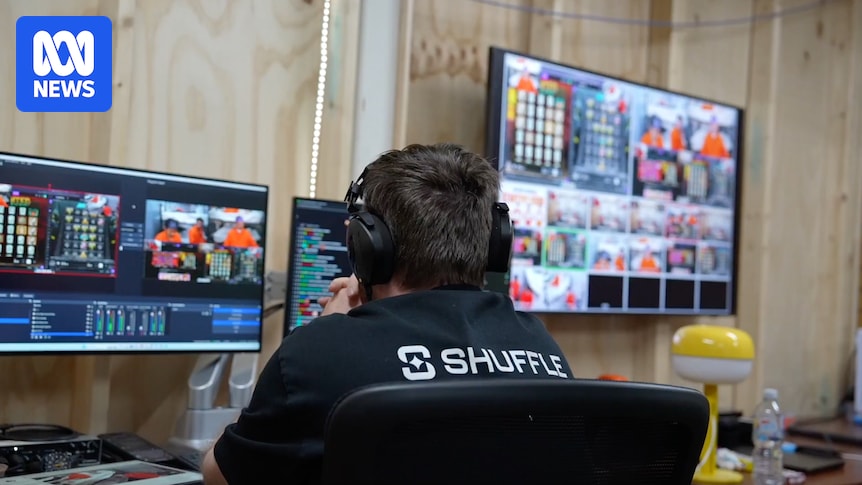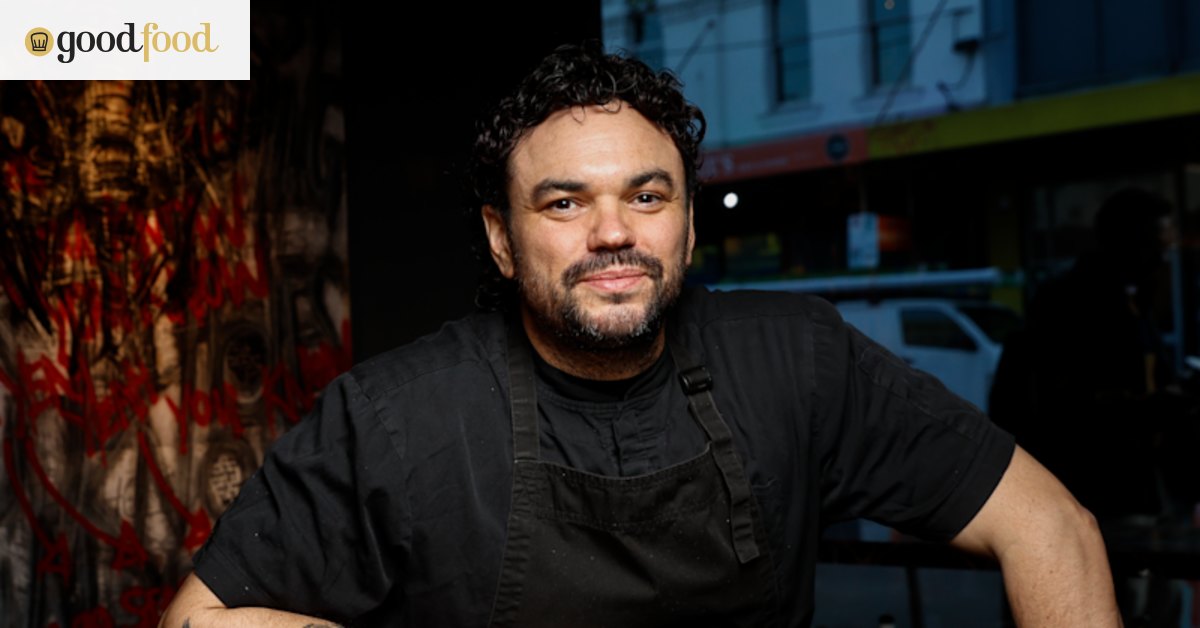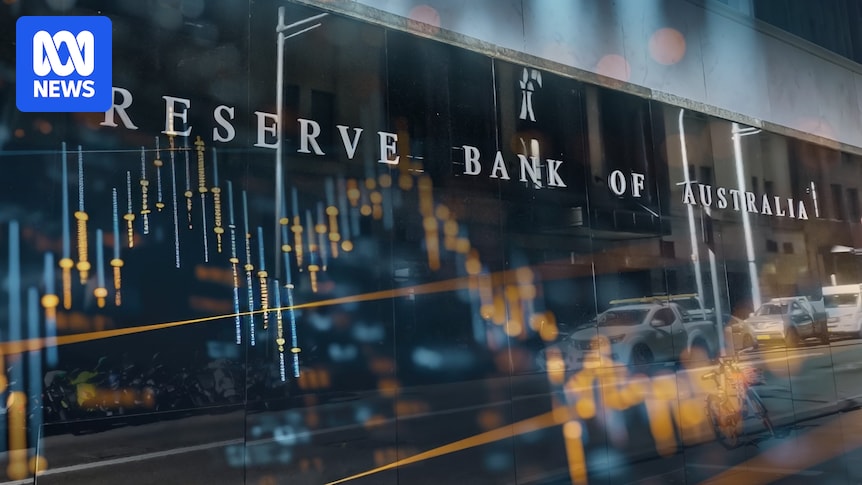
Four young men find themselves confined in a makeshift prison cell at an undisclosed location in Melbourne, Australia. Under the watchful eyes of several security cameras, they attempt to win their freedom through an unusual method: spinning slots on an online casino. This is part of an online game show orchestrated by Shuffle, an Australian-run online casino that operates despite being banned in its home country.
Shuffle accepts cryptocurrencies such as Bitcoin for placing bets, effectively bypassing banks and other institutions that could provide oversight and transparency to its operations. This approach allows Shuffle to continue its activities under the radar of Australian law, which mandates that online casinos block Australian users from accessing their services.
Live Streams as a Marketing Strategy
Central to Shuffle’s marketing efforts is Ishan Haque, who has recruited an army of “micro-influencers” to promote the casino. Haque himself participated in the prison cell stunt alongside three gambling streamers from the United States who flew to Melbourne for the event. These streamers regularly broadcast themselves gambling from their homes or studios, engaging with their audiences by sharing their wins and losses.
As affiliates of the casino, these streamers receive a share of the losses incurred by players they refer to Shuffle, creating a complex dynamic where the streamers benefit financially from their followers’ losses. This model has been criticized by experts like Mark R Johnson, a gaming culture researcher at the University of Sydney, who notes the ethical concerns of perpetuating harmful gambling behaviors.
“From an ethical perspective, it’s sad to watch these harmful ideas be perpetuated and go unchallenged,” Dr. Johnson told the ABC.
The Banned Lottery and Regulatory Challenges
Despite the ban, Shuffle continues to operate a weekly lottery from its headquarters in Melbourne’s CBD. Hosted by Haque, the lottery attracts significant attention, with jackpots reaching millions of dollars. According to analytics service Tanzanite, Shuffle processes approximately $2 billion in deposits each month, placing it among the top five “crypto casinos” globally.
This success comes despite restrictions in major markets like Australia, the US, and the UK. Visitors attempting to access Shuffle’s site from these regions encounter messages advising them to disable VPNs, yet many find ways to bypass these blocks. The Australian Communications and Media Authority (ACMA) has expressed awareness of Shuffle’s activities but has yet to take significant action.
Global Operations and Regulatory Evasion
Shuffle’s operations are licensed in Curaçao, a Caribbean island known for its favorable tax system for online businesses. This global setup complicates regulatory efforts, as Shuffle can operate from Australia, serve customers in Japan, and hold a Curaçao gaming license. This model is not unique to Shuffle; other online casinos have faced similar scrutiny.
In 2023, a parliamentary committee in Australia recommended stronger measures to combat illegal online gambling, including blocking transactions to illegal operators and enhancing collaboration with overseas regulators. However, little progress has been made since the report’s release, and Australian-owned crypto casinos continue to thrive.
The committee recommended blocking transactions to illegal gambling operators and “stronger sanctions for companies and known individuals who profit from illegal gambling.”
As Shuffle continues its controversial operations, the Australian government faces mounting pressure to address the challenges posed by online casinos operating outside the law. The situation highlights the complexities of regulating a global digital industry and the need for coordinated international efforts to protect consumers.






